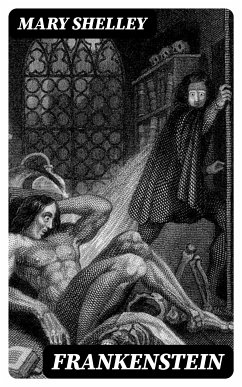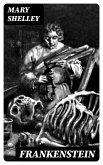Mary Shelley's "Frankenstein" navigates the complex interplay between human ambition and ethical responsibility, delving deep into the ramifications of unrestrained scientific exploration. The novel unfolds through a frame narrative, employing epistolary elements that enhance its gothic style, while richly depicting the early 19th-century tensions between Romantic ideals and Enlightenment rationality. Shelley's prose is both lyrical and harrowing, inviting readers to grapple with the moral quandaries posed by Victor Frankenstein's quest to create life, ultimately examining the darker facets of creation and the profound loneliness of existence. Born to renowned thinkers Mary Wollstonecraft and William Godwin, Shelley's lineage undoubtedly shaped her exploration of radical ideas and the nature of humanity. The narrative emerged during a time when advancements in science sparked fervent discussions about ethics and the human condition. Shelley's personal experiences, including the loss of loved ones and her radical upbringing, imbue the text with a haunting emotional depth, reflecting her concerns over unchecked ambition and the human psyche. "Frankenstein" is essential reading for anyone intrigued by the moral implications of scientific discovery and the pursuit of knowledge. Shelley's profound insights have ensured the book's relevance, making it a timeless exploration of the boundaries of creation and the vulnerabilities that accompany the human experience.
Dieser Download kann aus rechtlichen Gründen nur mit Rechnungsadresse in A, B, BG, CY, CZ, D, DK, EW, E, FIN, F, GR, H, IRL, I, LT, L, LR, M, NL, PL, P, R, S, SLO, SK ausgeliefert werden.









